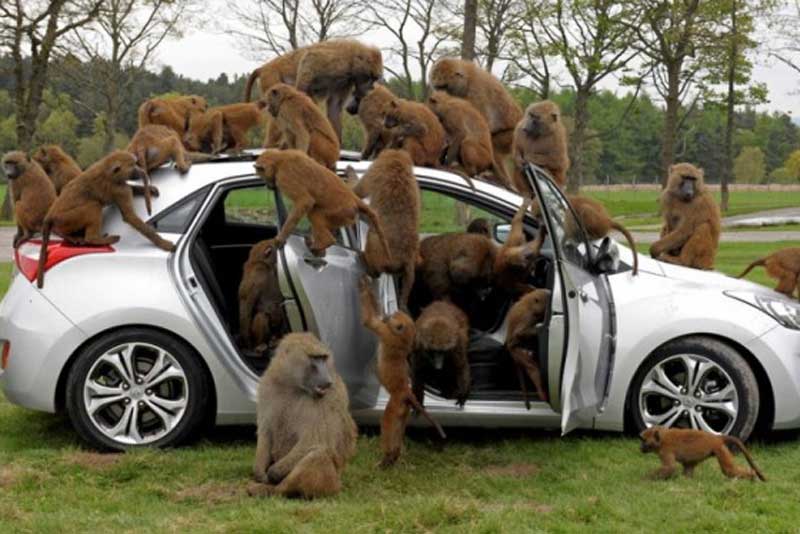×
The Standard e-Paper
Stay Informed, Even Offline

At least 15 baboons are killed every day on the Northern Corridor, dealing a major blow to Kenya’s tourism.
Conservationists and stakeholders in animal welfare say public service vehicles are the lead cause of deaths of these animals.